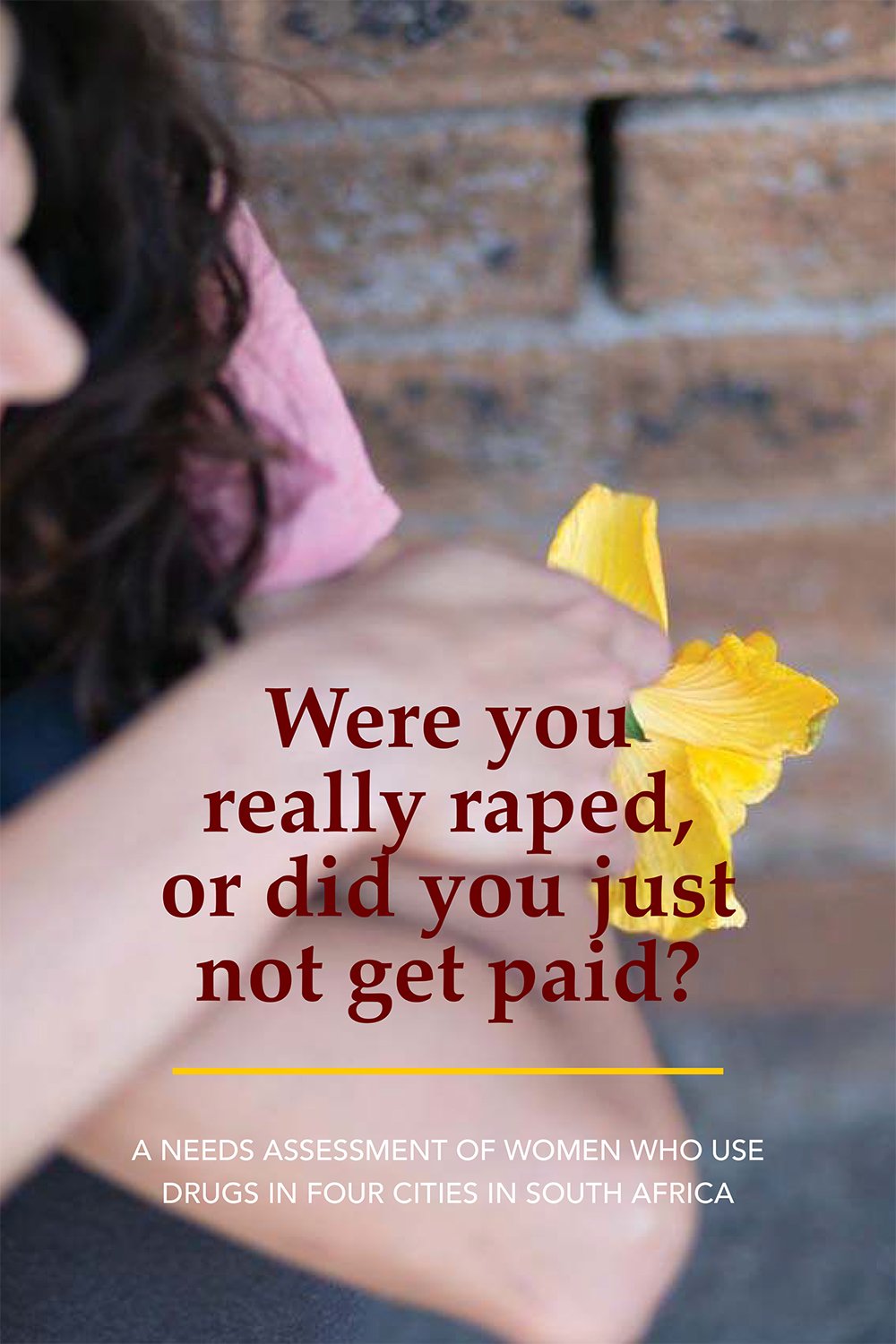In this report we hope to make the realities real, because numbers and empiricism may change minds, but emotion changes hearts, and the mind will usually follow the heart. “Many of the vulnerabilities experienced by women who use drugs illicitly are a compound of those that are experienced by women in general, in addition to those faced by all people who use illegal drugs. Culturally embedded power imbalances that exist between men and women around the world often leave women exposed to increased stigma, abuse, violence and coercion” (The Global Coalition on Women and AIDS, 2011: 3)
In South African society, we find that such a statement rings true, and being a woman who uses drugs strengthens these imbalances, tipping the scales towards harsh realities for the female drug using community. When unneeded, women are all but invisible, and yet they are expected to be available, with or without consent, when the need arises, as explained by Fifi [37, Durban], “I don’t have a partner… I don’t want a boyfriend; it’s trouble. The men make the women work for their drug habits, so I don’t want to use my body to support another person’s habit”.
In 2018, the United Nations Office on Drugs and Crime (UNODC) supported a consultation in four cities in South Africa; Pretoria, Cape Town, Durban and Johannesburg, so as to get a better understanding of the lived experiences of Women Who Use Drugs (WWUD). These discussions examined the lived experiences of Women Who Use Drugs (WWUD) in South Africa, particularly the challenges they face, their needs as a community and presented an opportunity to discuss and identify their own solutions to such.
